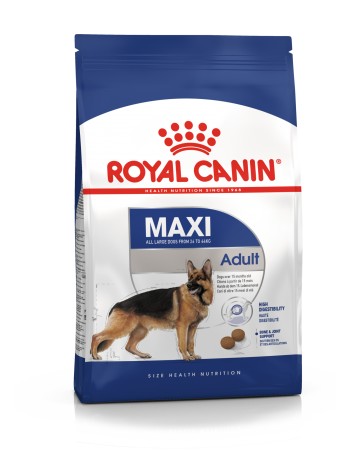Protecting your dog from parasites is essential for their health, comfort, and well-being. Parasites like fleas, ticks, and intestinal worms don’t just cause itching—they can lead to serious infections, allergies, or diseases if left untreated.
This article will guide you through the main types of parasites, how to spot them, and most importantly, how to prevent and treat them effectively.
1. Fleas: Small but aggressive
Fleas are the most common external parasites in dogs. They reproduce quickly and are very irritating to your dog’s skin.
Signs of fleas:
- Excessive scratching
- Tiny black specks on fur (flea dirt)
- Red or inflamed skin
- Hair loss
How to protect your dog:
- Use monthly flea prevention products (spot-ons, sprays, or pills)
- Clean bedding and vacuum your home regularly
- Treat all animals in the house
2. Ticks: Silent disease carriers
Ticks attach to the dog’s skin and feed on blood, sometimes transmitting serious illnesses like Lyme disease or ehrlichiosis.
Common areas they hide:
- Under the collar
- Around ears and paws
- Between toes and tail
What to do:
- Inspect your dog after every walk
- Remove ticks with a tick remover tool (never pull with fingers)
- Use anti-tick collars or spot-on treatments
See anti-tick accessories and sprays
3. Worms: The hidden danger inside
Worms are internal parasites that live in your dog’s digestive system. They can lead to malnutrition, weight loss, diarrhea, and even serious organ damage.
Most common types:
- Roundworms
- Hookworms
- Tapeworms
- Heartworms (transmitted by mosquitoes)
Symptoms of worms:
- Bloated belly (especially in puppies)
- Vomiting or diarrhea
- Scooting (dragging rear on the floor)
- Weight loss
How to prevent worms:
- Deworm your dog regularly (every 3–6 months)
- Use broad-spectrum antiparasitic treatments
- Avoid letting your dog eat feces or raw meat
Find worm prevention treatments here
General Prevention Tips
- Keep vaccinations and parasite treatments up to date
- Bathe and groom your dog regularly
- Avoid walking in tall grass during tick season
- Keep your dog’s environment clean and parasite-free
- Always consult your vet for tailored treatments
Protecting your dog from parasites is not only about comfort—it’s about preventing health risks that can affect both your dog and your family.
Whether it’s fleas, ticks, or worms, early detection and regular prevention are the keys to keeping your dog happy and healthy.










